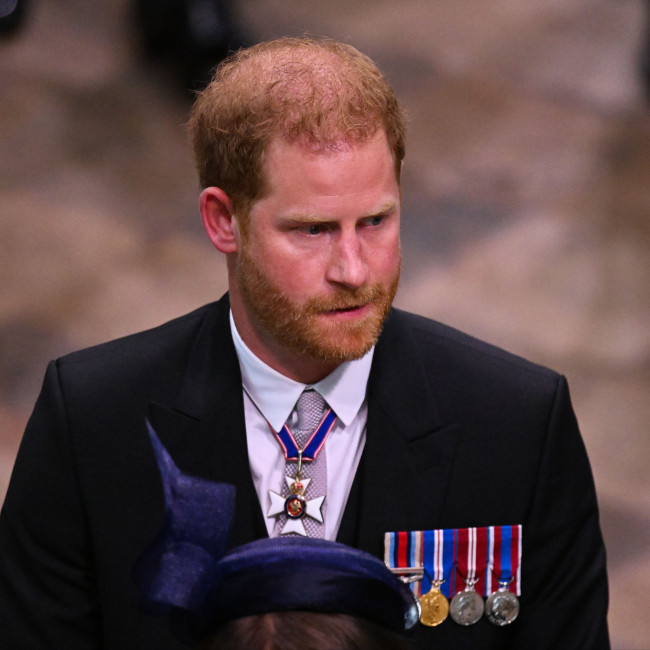Prince Harry has been told the Metropolitan Police are not “private bodyguards for the wealthy”.
The Duke of Sussex has appealed against the Home Secretary’s decision to refuse the royal’s request for police protection, and government and police officers have said specialist protection officers should only “put themselves in harm’s way” in the public interest.
Harry wants to pay the Met Police for protecting him as a non-working royal after being told he wouldn’t get the “same degree” of personal security when he visits the UK.
At a preliminary hearing on Tuesday (16.05.23) – which will determine whether or not a full trial will follow – the prince’s lawyers argued that private individuals can pay for special policing services under the Police Act 1996.
But lawyers for the Home Secretary said: “There is no legal authority for the proposition that the concept of special police service encompasses the use of police officers as private bodyguards for the wealthy.”
And Matthew Butt KC, for the Metropolitan Police, added: “The officers who provide protective security expose themselves to unique risks. One doesn’t need too much imagination to work out the sort of risks.
“It cannot be right that officers are expected to expose themselves and present themselves to that level of risk when it is not in the public interest but because a policing body is going to be financially compensated for it.”
Harry claimed in his autobiography ‘Spare’ that he killed 25 Taliban while serving in the armed forces which sparked security fears, which last year the UK’s former counter-terrorism police chief revealed there had been credible threats made against Harry and his wife Meghan, Duchess of Sussex.
His lawyers told the High Court this week that the Home Office delegated an “issue of principle” to the Royal and VIP Executive Committee (Ravec) regarding “whether an individual whose position had been determined by Ravec not to justify protective security should be permitted to receive protective security but to reimburse the public purse for the cost of that security provision”.
Ravec ruled that “individuals should not be permitted to privately fund protective security”.
Mr. Justice Chamberlain, who is presiding over the case, will make a written decision “within the next week or so”.
